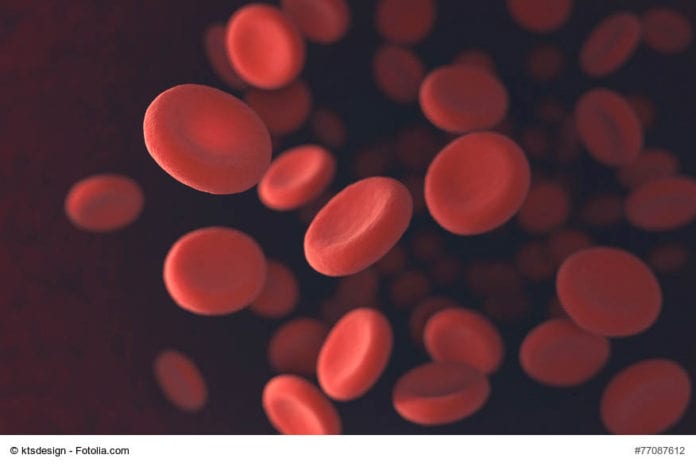According to the CDC, an estimated 60,000-100,000 Americans die annually of venous thromboembolism, commonly known as blood clots. The Physician-Patient Alliance for Health & Safety has released a podcast about how preventative healthcare practices may prevent blood clots in patients.
The podcast features an interview with Sharon Butler, MS, RN (Clinical Nurse IV, Perioperative Services, Stanford University Medical Center). Ms. Butler implemented an improvement project to prevent deep vein thrombosis (DVT) and pulmonary embolism (PE) by applying sequential compression devices (SCD) during pre-op, since research literature has demonstrated that early initiation of SCD helps prevent DVT/PE.
This research conducted by Ms. Butler found - SCDs are part of the DVT/PE prevention protocol for surgical patients and nursing is responsible to apply, start and maintain operation while the patient travels through the perioperative region of care.
The podcast discusses critical healthcare and patient safety issues, such as:
- When should sequential compression devices be started to prevent deep vein thrombosis/pulmonary embolism?
- Pre-op nurse work flow.
- Equipment resource management
Click here to listen to the podcast then let us know your thoughts in the comments section below.


